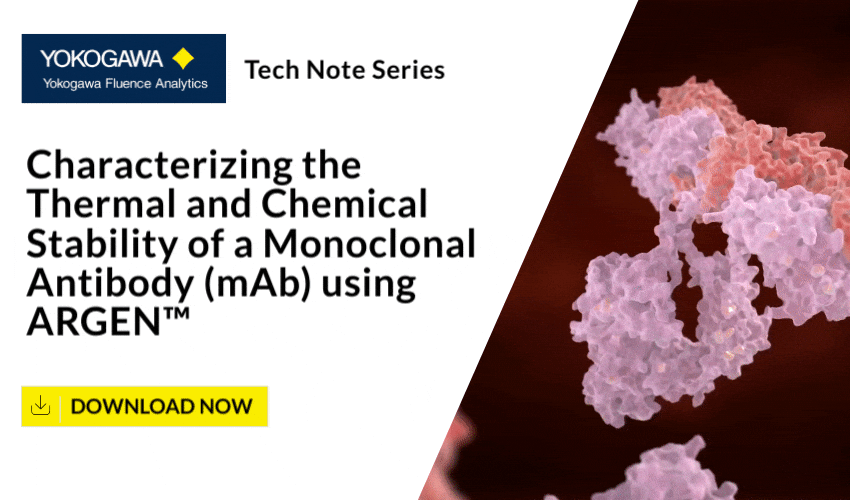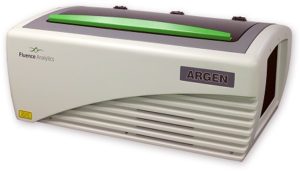

Introduction
ARGEN: Smart & Rapid Therapeutic Biopolymer Development
ARGEN is a versatile benchtop light scattering instrument that provides for the rapid assessment of the stability and viability of therapeutic proteins, peptides, nucleic acids (DNA, RNA), polysaccharides, viral vectors, LNP-mRNA vaccines, and bioconjugates. The instrument uses a multi-stressor testing platform that enables teams to develop biologic formulations up to 16 times faster.
How ARGEN Works
ARGEN utilizes fixed angle (90°), simultaneous multiple sample light scattering (SMSLS) technology. This provides rapid, real-time, continuous data collection for characterizing qualitative and quantitative properties of target molecules. The device is equipped with 16 independently controlled sample cells, permitting the user to establish thermal, chemical, and mechanical (stirring) stress parameters on each sample concurrently. This allows for a highly flexible approach to experimental design.
ARGEN Intuitive Control Software
The ARGEN control software features an intuitive interface for all aspects of experimental design and independent control of each cell for parallel parameter adjustment and real-time data processing.
In these experiments, ARGEN was used to characterize the thermal and chemical stability of a monoclonal antibody and subsequently establish quantitative and qualitative properties such as pH and temperature dependence on aggregation kinetics. Click the button below to view the full technical note, which captures the value of using ARGEN to determine the thermal and chemical stability of a monoclonal antibody (mAb).

